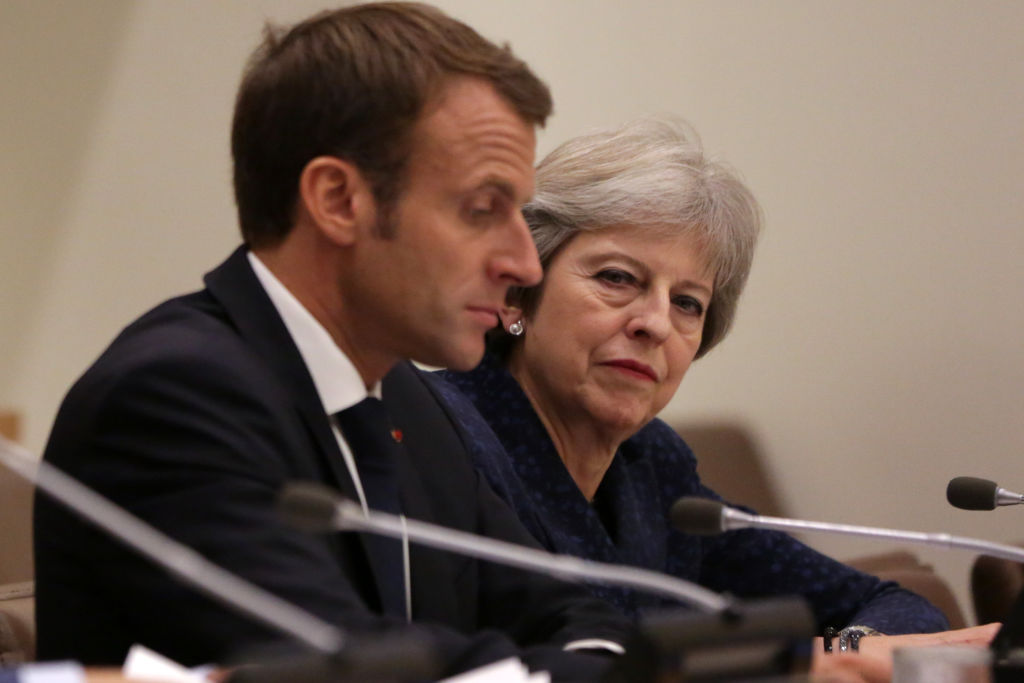Last month I made my annual pilgrimage to the battlefields of the Somme, something I’ve been doing for 27 years. In that time, the area has changed dramatically: Albert, the small, sleepy town in the heart of the world war one battlefields has been transformed from a decaying backwater into a bustling place with cafes, hotels, shops and a fine world war one museum; although this is nothing compared to the one adjacent to the Thiepval Memorial, opened in 2016. The latter pulls in tens of thousands of visitors each year, predominantly British, most of whom stay at the numerous B&Bs in the outlying villages.
The one I stayed in last month was run by a French couple who told me how the region has been regenerated this century by the battlefield tourists. What’s more, the owner told me, all their British guests have done wonders for her children’s English. The battlefields are in the Hauts-de-France region of the country, next door to Normandy, which is more synonymous with the second world war, and no doubt will welcome a great many visitors from across the Channel next June to mark the 75th anniversary of D-Day.
That will have been one of the reasons Normandy’s political and business leaders sent an open letter this week to Emmanuel Macron. The French president is taking a hard line in the Brexit negotiations, and that has unnerved Hervé Morin, the president of Normandy. In collaboration with ten other prominent figures in the region, including port and ferry operators, he has warned Paris of the consequences of a hard Brexit. ‘[France] is dreaming of Brexit as though it were an opportunity, notably for the financial sector in Paris,’ said the letter. ‘But for the regions next to the channel, and notably here in Normandy, the diagnosis is very different. A Brexit without an agreement…represents for our economy, and especially for the economy of our ports, a major threat.’
The letter echoes the warning issued in September by Jean-Paul Mulot, a British-based member of the Hauts-de-France regional council. ‘We’re hearing political leaders at the highest level admit that a ‘no-deal’ is possible, even worth considering,’ he said in an interview. ‘That’s extremely worrying.’ Calais, the gateway to Hauts-de-France, is the country’s busiest passenger port and Mulot believes that a bad Brexit deal for Britain would also be a bad deal for the region, which has the nation’s highest unemployment and poverty rates.
Macron should not need to be told about the potentially disastrous effect of a no-deal Brexit on Hauts-de-France. The president was born and raised in Amiens, the capital of the Somme department, and he has witnessed first-hand how the city and its surroundings have benefited from British battlefield tourists. He’ll also know that in last year’s parliamentary elections five candidates from Marine Le Pen’s National Front were elected to the National Assembly in this region. A no-deal Brexit will be gleefully seized on by Le Pen in next May’s European elections, allowing her to accuse Macron, already styled by his enemies as the ‘president of the rich’, of putting the interests of his Paris banking pals before the needs of the north of France.







Comments